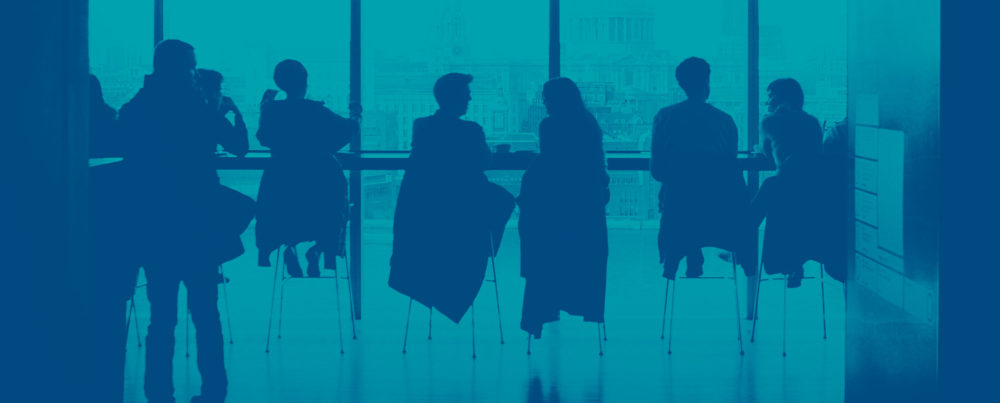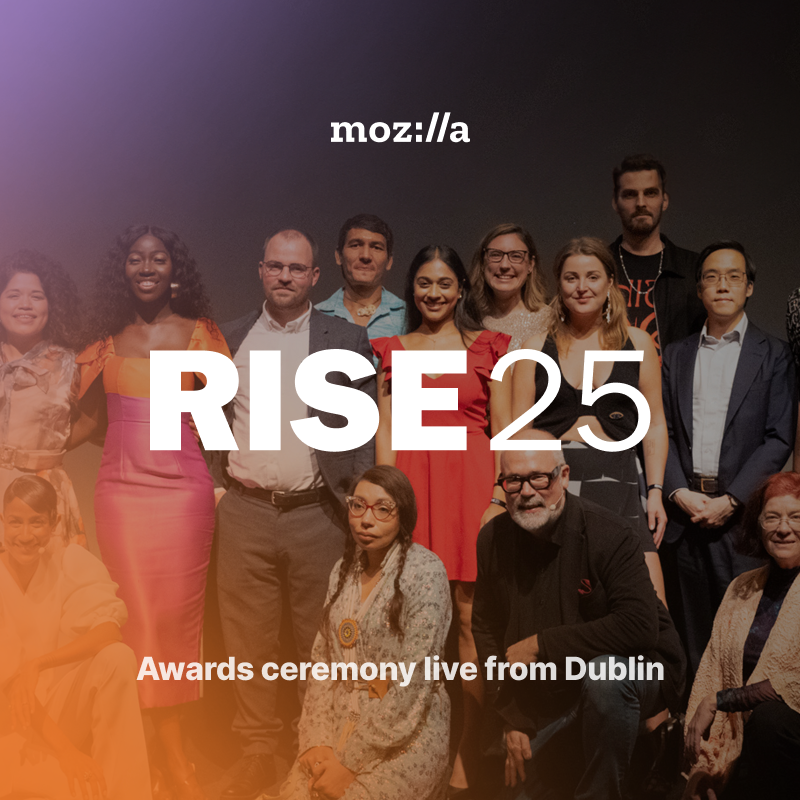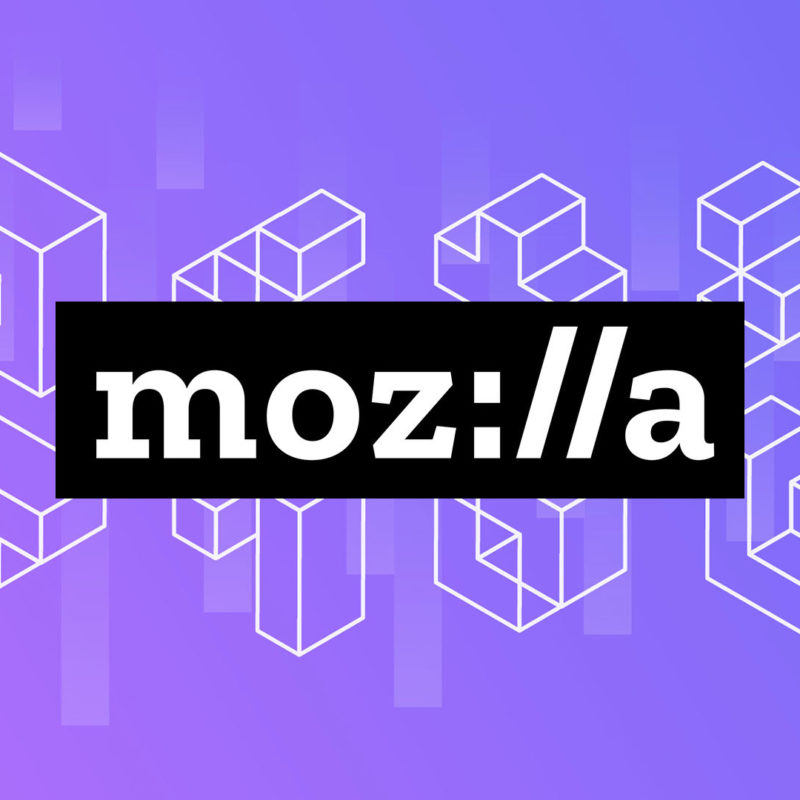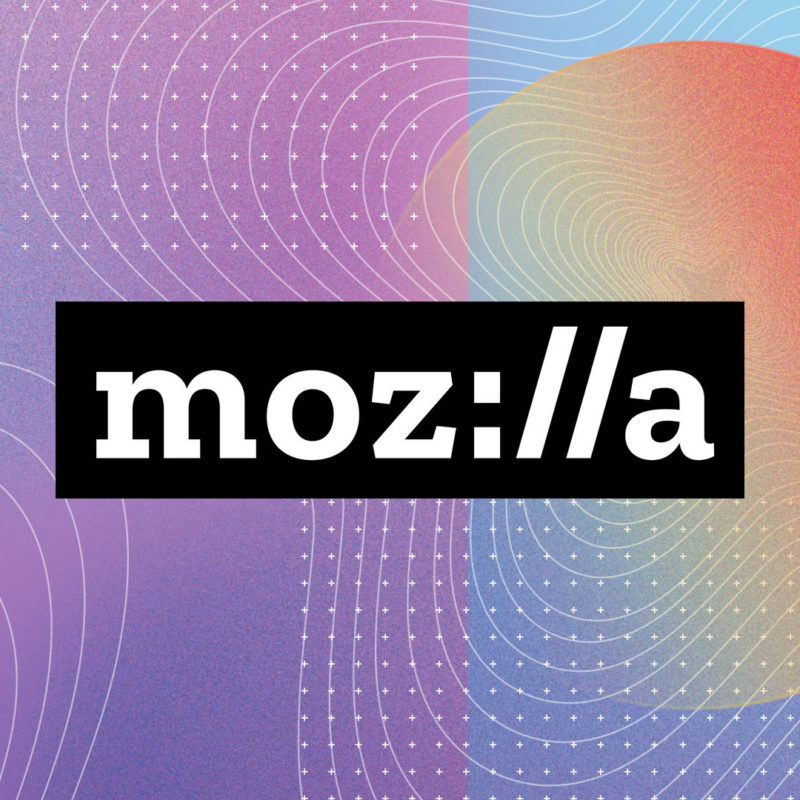These technologists, researchers, activists, and artists will spend the next 10 months making the Internet a better place
[Note: For the latest information about Mozilla Fellowships, visit https://foundation.mozilla.org/fellowships/]
Today, Mozilla is announcing 15 new Fellows in the realms of science, advocacy, and media.
Fellows hail from Mexico, Bosnia & Herzegovina, Uganda, the United States, and beyond. They are multimedia artists and policy analysts, security researchers and ethical hackers.
Over the next several months, Fellows will put their diverse abilities to work making the Internet a healthier place. Among their many projects are initiatives to make biomedical research more open; uncover technical solutions to online harassment; teach privacy and security fundamentals to patrons at public libraries; and curtail mass surveillance within Latin American countries.
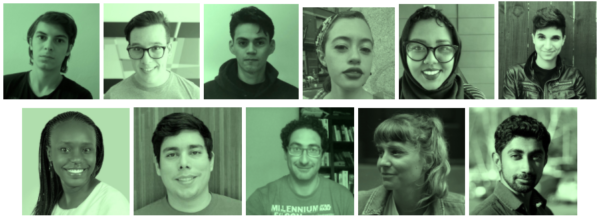
Ford-Mozilla Open Web Fellows are talented technologists who are passionate about privacy, security, and net neutrality. Fellows embed with international NGOs for 10 months to work on independent research and project development.
Past Open Web Fellows have helped build open-source whistle-blowing software, and analyzed discriminatory police practice data.
Our third cohort of Open Web Fellows was selected from more than 300 applications. Our 11 2017 Fellows and host organizations are:
Sarah Aoun | Hollaback!
Carlos Guerra | Derechos Digitales
Sarah Kiden | Research ICT Africa
Bram Abramson | Citizen Lab
Freddy Martinez | Freedom of the Press Foundation
Rishab Nithyanand | Data & Society
Rebecca Ricks | Human Rights Watch
Aleksandar Todorović | Bits of Freedom
Maya Wagoner | Brooklyn Public Library
Orlando Del Aguila | Majal
Nasma Ahmed | MPower Change
Learn more about our Open Web Fellows.
Mozilla’s Open Science Fellows work at the intersection of research and openness. They foster the use of open data and open source software in the scientific community, and receive training and support from Mozilla to hone their skills around open source, participatory learning, and data sharing.
Past Open Science fellows have developed online curriculum to teach the command line and scripting languages to bioinformaticians. They’ve defined statistical programming best-practices for instructors and open science peers. And they’ve coordinated conferences on the principles of working open.
Our third cohort of Open Science Fellows — supported by the Siegel Family Endowment — was selected from a record pool of 1,090 applications. Our two 2017 fellows are:
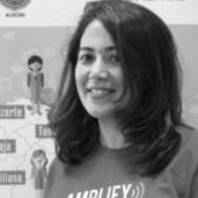 Amel Ghouila
Amel Ghouila
A computer scientist by background, Amel earned her PhD in Bioinformatics and is currently a bioinformatician at Institut Pasteur de Tunis. She works on the frame of the pan-African bioinformatics network H3ABionet, supporting researchers and their projects while developing bioinformatics capacity throughout Africa. Amel is passionate about knowledge transfer and working open to foster collaborations and innovation in the biomedical research field. She is also passionate about empowering and educating young girls — she launched the Technovation Challenge Tunisian chapter to help Tunisian girls learn how to address community challenges by designing mobile applications.
Follow Amel on Twitter and Github.
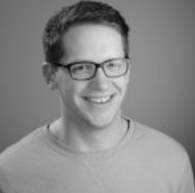 Chris Hartgerink
Chris Hartgerink
Chris is an applied statistics PhD-candidate at Tilburg University, as part of the Metaresearch group. He has contributed to open science projects such as the Reproducibility Project: Psychology. He develops open-source software for scientists. And he conducts research on detecting data fabrication in science. Chris is particularly interested in how the scholarly system can be adapted to become a sustainable, healthy environment with permissive use of content, instead of a perverse system that promotes unreliable science. He initiated Liberate Science to work towards such a system.
Follow Chris on Twitter and Github.
Learn more about our Open Science Fellows.
This year’s Mozilla Fellows cohort will also be joined by media producers. These makers and activists have created public education and engagement work that explores topics related to privacy and security. Their work incites curiosity and inspires action, and over their fellowship year will work closely with the Mozilla fellows cohort to understand and explain the most urgent issues facing the open Internet. Through a partnership with the Open Society Foundation, these fellows join other makers who have benefited from Mozilla’s first grants to media makers. Our two 2017 fellows are:
 Hang Do Thi Duc
Hang Do Thi Duc
Hang Do Thi Duc is a media maker whose artistic work is about the social web and the effect of data-driven technologies on identity, privacy, and society. As a German Fulbright and DAAD scholar, Hang received an MFA in Design and Technology at Parsons in New York City. She most recently created Data Selfie, a browser extension that aims to provide users with a personal perspective on data mining and predictive analytics through their Facebook consumption.
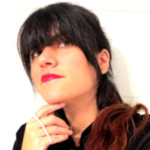 Joana Varon
Joana Varon
Joana is Executive Directress and Creative Chaos Catalyst at Coding Rights, a women-run organization working to expose and redress the power imbalances built into technology and its application. Coding Rights focuses on imbalances that reinforce gender and North/South inequalities.
Meet more Mozilla fellows. The Mozilla Tech Policy Fellowship, launched in June 2017, brings together tech policy experts from around the world. Tech Policy Fellows participate in policy efforts to improve the health of the Internet. Find more details about the fellowship and individuals involved. Learn more about the Tech Policy Fellows.
